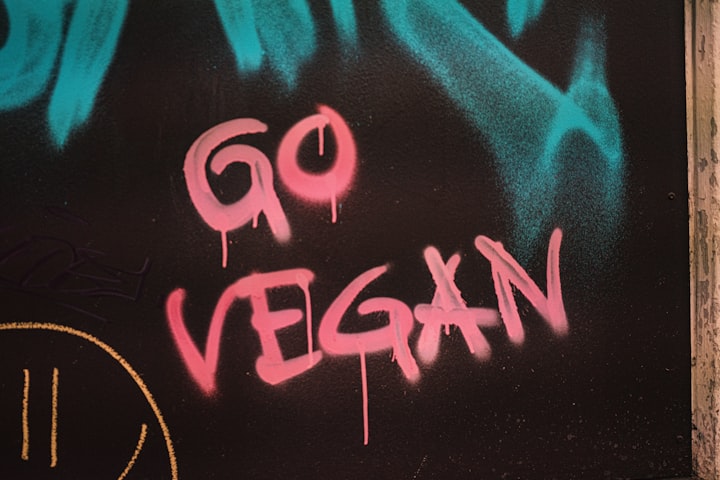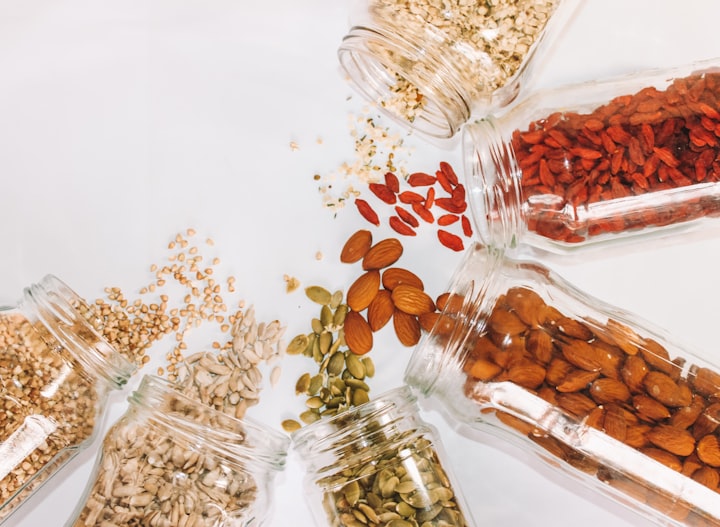Protein Sources for Vegans: 12 Delicious Sources of Protein
When following a vegan diet, it can be difficult to meet your daily protein needs. Protein is an essential macronutrient that helps your body build and repair muscles, red blood cells, bones, and tissues. While you can find protein in almost any food, plant foods like beans, legumes, nuts, seeds, and soy are good sources of plant-based proteins. When following a vegan or vegetarian diet — or if you’re cutting back on meat for any reason — it’s important to know which foods are high in protein so you can make the right choices when grocery shopping or eating out. In this blog post we will be exploring some of the best vegan protein sources and examples of how to incorporate them into your diet.

Beans and Legumes
Beans and legumes are high in protein, fiber, and B vitamins. They are also full of minerals such as iron, magnesium, and zinc, which can help boost immunity and fight off certain diseases. Some popular types of beans and legumes include black beans, pinto beans, chickpeas, kidney beans, and soybeans. When purchasing beans and legumes, always go for the dried variety. Canned beans and legumes are often high in sodium and other additives that you don’t want to be consuming. Beans and legumes should be stored in airtight containers in a cool, dark place to keep them fresh. Always rinse and thoroughly dry beans and legumes before storing them to remove excess sodium and sodium-based preservatives. It’s also a good idea to mark the date on your beans when you first buy them so you know how long they’ve been sitting in your kitchen cupboard. You can use beans and legumes in a variety of ways. Enjoying a hummus sandwich or a bowl of vegetarian chili with beans or lentils is a simple way to add a high-protein snack to your day. You can also add beans and legumes to salads, casseroles, and stews for a protein-packed meal.
Nuts and Seeds
Nuts and seeds are packed with protein, healthy fats, and minerals like iron, magnesium, and zinc. They are also high in fibre, which can help lower cholesterol and blood pressure. Some of the most popular types of nuts and seeds include almonds, cashews, peanuts, sunflower seeds, and pumpkin seeds. If you are buying pre-packaged nuts and seeds, choose the roasted variety if possible. This is because raw nuts and seeds are higher in oils, which can go rancid over time and cause bad breath. Always check the sell-by-date on your nuts and seeds to avoid consuming stale and potentially toxic foods. To get the most out of your nuts and seeds, store them in an airtight container or jar in a cool, dark place. You can also refrigerate your nuts and seeds to keep them at their freshest for up to a year. Enjoy nuts and seeds as an easy and delicious snack. If you like to bake, you can also add them to your recipes to add extra protein!
Soy Products
Soy products are one of the best vegan sources of protein. Soybeans are high in protein, fibre, and minerals such as iron, copper, magnesium, and zinc. Soy isoflavones are also known to lower cholesterol and protect against certain types of cancer. Popular soy products include edamame, soy milk, tofu, soy yogurt, tempeh, and miso. If you want to enjoy the many benefits of soy, be sure to choose organic varieties. Genetically modified soybeans are common in non-organic products, and can be harmful to your health. When purchasing soy products, go for organic, non-GMO options whenever possible. You can enjoy soy products as part of a vegan meal or as a snack. You can also add them to baking recipes to add some extra protein.
Vegetarian Foods
If you follow a vegetarian diet, you can get your daily protein from a wide variety of vegetarian foods. Some of the best vegetarian sources of protein include eggs, milk, lentils, nuts, and seeds, soy, and tofu. Eggs are considered a complete protein source, which means they provide all the necessary amino acids to build and repair your body. Milk, nuts, and seeds are high in protein and low in fat, while lentils, soy, and tofu are high in both protein and fibre. Vegetarian foods are often a good source of iron, B vitamins, and even calcium. Many vegetarian foods are fortified with vitamins and minerals that aren’t naturally present, so be sure to read the nutrition label and choose products that are high in protein.
Conclusion
Everyone needs protein, whether you’re vegan or not. When following a vegan diet, it can be important to consume enough protein each day to stay healthy. Beans and legumes, nuts and seeds, soy products, and vegetarian foods are some of the best vegan sources of protein.





Comments
fabian zabel is not accepting comments at the moment
Want to show your support? Send them a one-off tip.